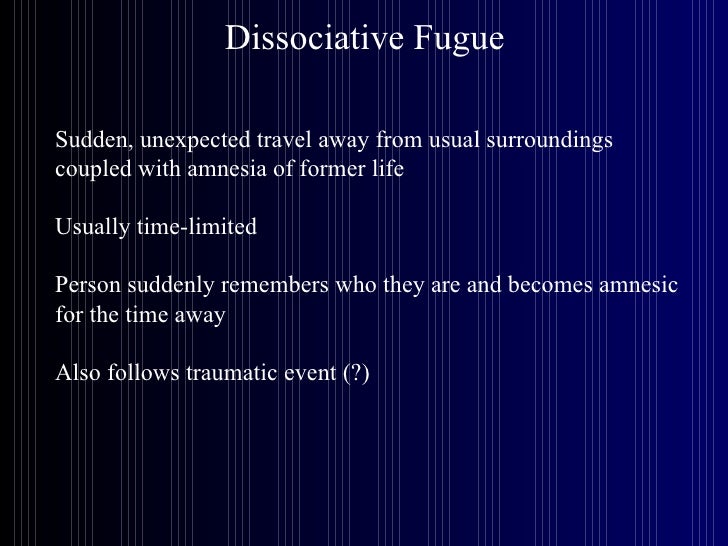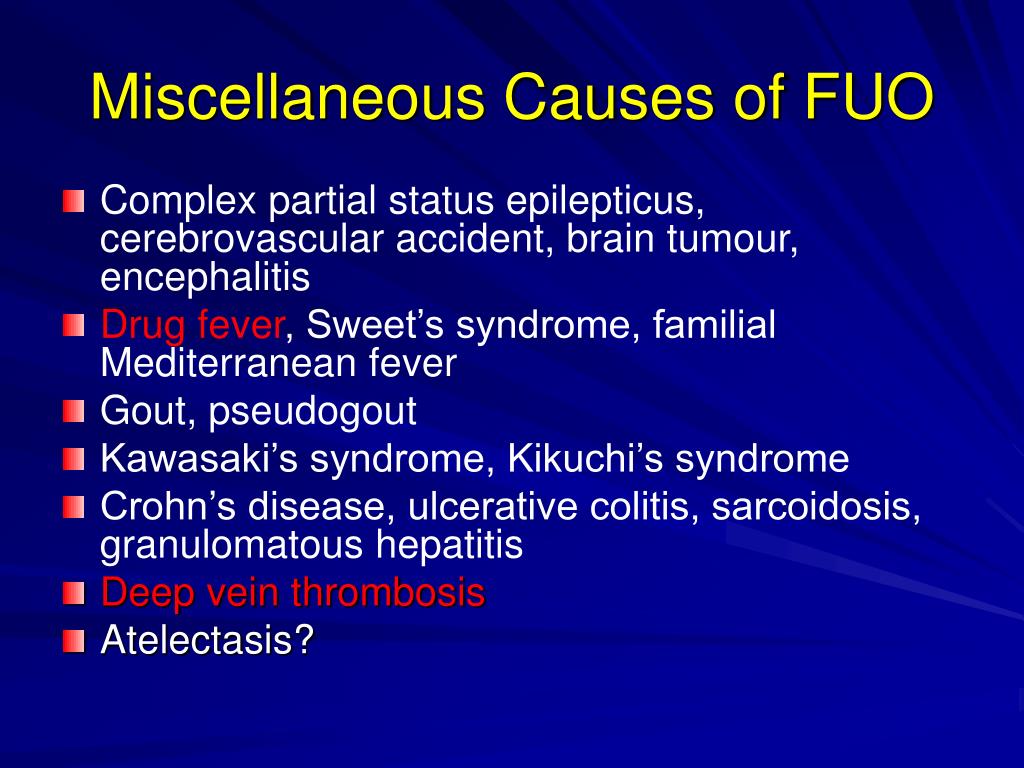
Stress management – since stress can trigger symptoms.Examples include cognitive therapy and psychoanalysis

Psychotherapy – also known as ‘talk therapy’ or counselling, which is usually needed for the long term.Hypnosis – may help to recover repressed memories, although this form of treatment for dissociative disorders is considered controversial.Psychiatric drugs – such as barbiturates.A safe environment – Doctors will try to get the person to feel safe and relaxed, which is enough to trigger memory recall in some people with dissociative disorders.Generally speaking, treatment may take many years. Treatment options are based on case studies, not research. The effectiveness of treatments for dissociative disorders has not been studied. A person who has dissociative identity disorder almost always has dissociative amnesia too. The person may switch to another personality state when under stress. The other states may have different body language, voice tone, outlook on life and memories. While the different personality states influence the person’s behaviour, the person is usually not aware of these personality states and experiences them as memory lapses. The condition typically involves the co-existence of two or more personality states within the same person.

Previously called multiple personality disorder, this is the most severe kind of dissociative disorder. They may perceive their body to be a different shape or size than usual and in severe cases, they cannot recognise themselves in a mirror.ĭissociative identity disorder (DID) is the most controversial of the dissociative disorders and is disputed and debated among mental health professionals. The person may report feeling ‘spacey’ or out of control. Other typical symptoms include problems with concentration and memory. People with this type of disorder say they feel distant and emotionally unconnected to themselves, as if they are watching a character in a boring movie. When the person comes out of their dissociative fugue, they are usually confused with no recollection of the ‘new life’ they have made for themselves.ĭepersonalisation disorder is characterised by feeling detached from one’s life, thoughts and feelings. Typically, the person travels from home – sometimes over thousands of kilometres – while in the fugue, which may last between hours and months. They don’t realise they are experiencing memory loss and may invent a new identity. The person suddenly, and without any warning, can’t remember who they are and has no memory of their past.

If you are concerned that you or a loved one may have a dissociative disorder, we can help you. Dissociative disorders are complex problems that need specific diagnosis, treatment and support. Some people, however, develop a dissociative disorder that requires treatment. In most cases, the dissociation resolves without the need for treatment. For example, the event seems ‘unreal’ or the person feels detached from what’s going on around them as if watching the events on television. People who experience a traumatic event will often have some degree of dissociation during the event itself or in the following hours, days or weeks. Dissociation is a mental process where a person disconnects from their thoughts, feelings, memories or sense of identity. Dissociative disorders include dissociative amnesia, dissociative fugue, depersonalisation disorder and dissociative identity disorder.


 0 kommentar(er)
0 kommentar(er)
